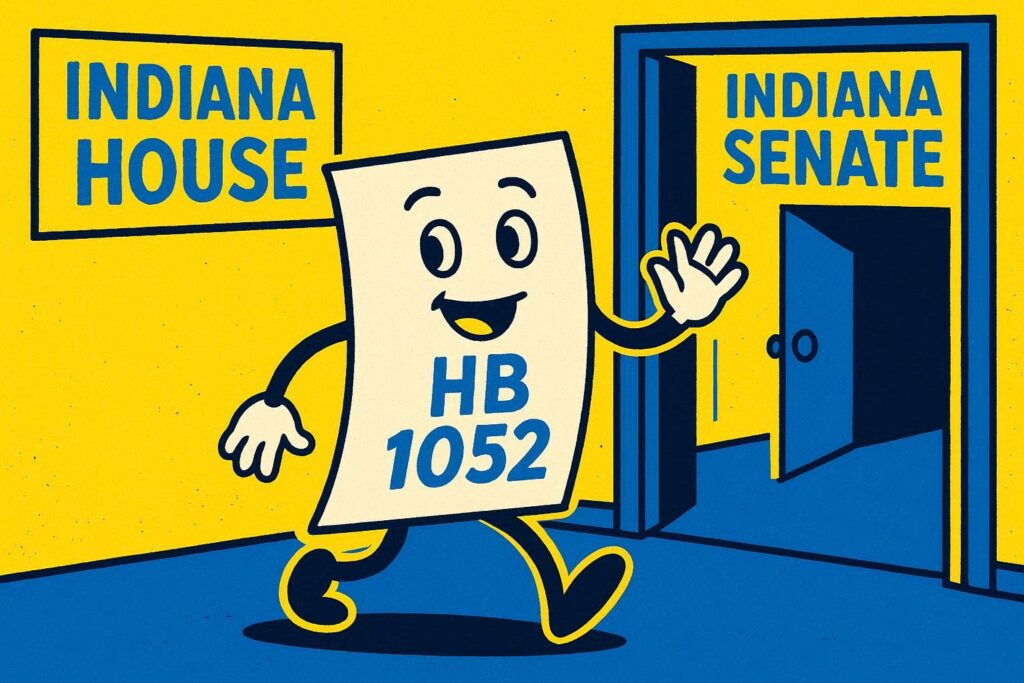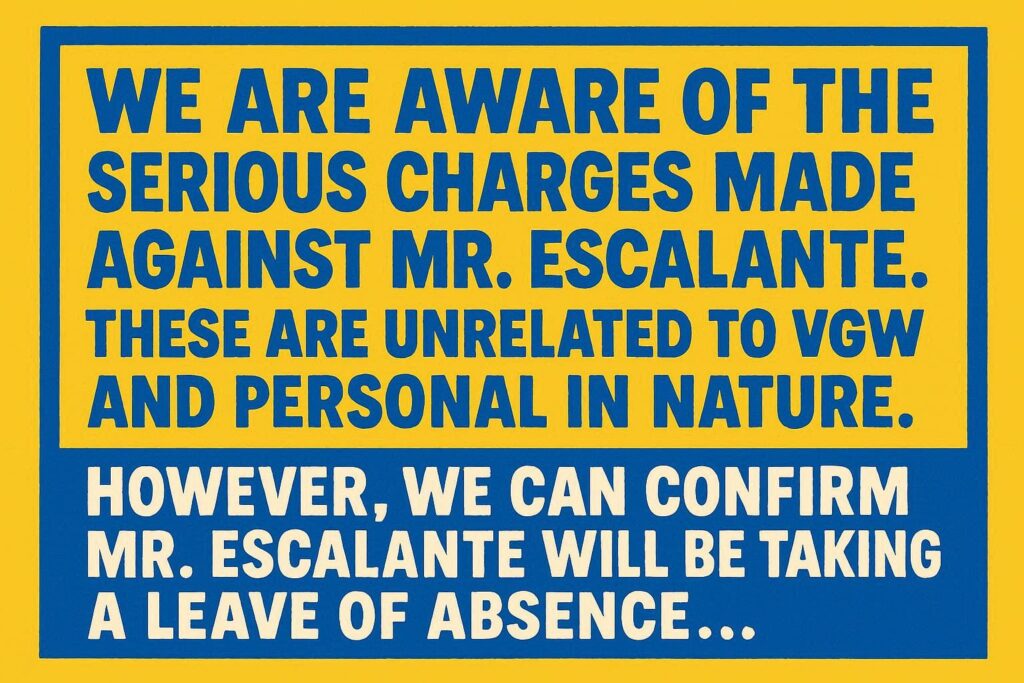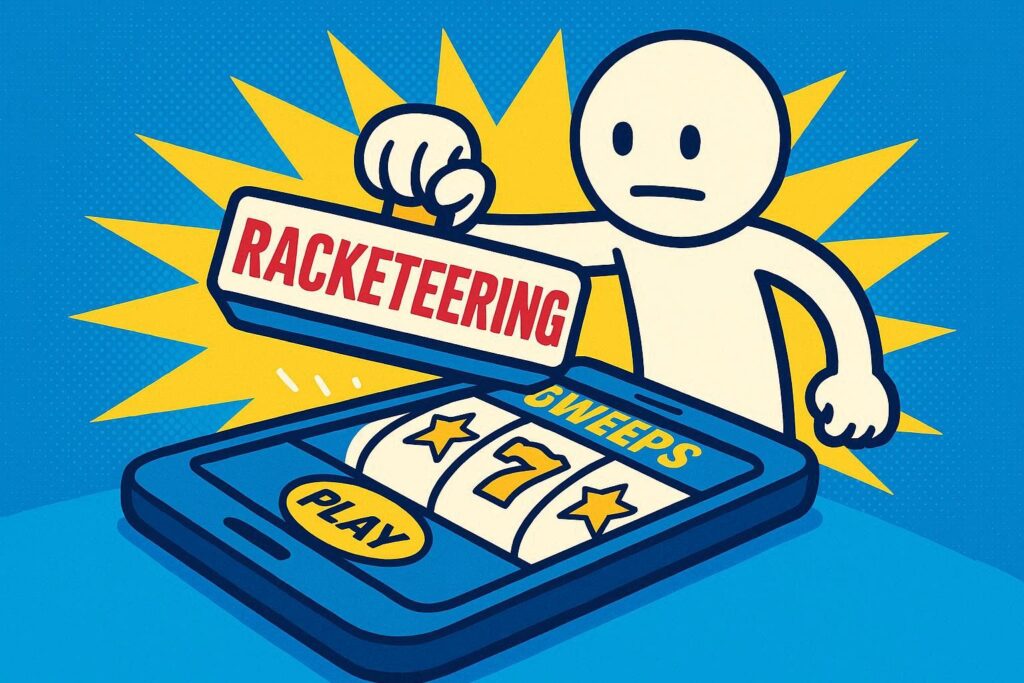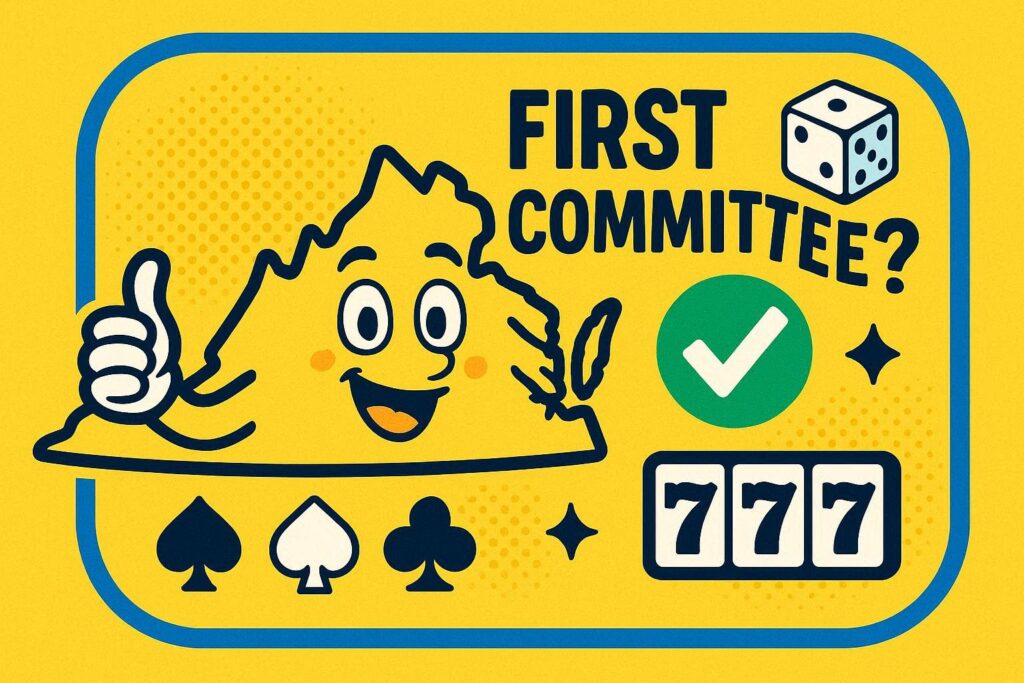The piece of legislation capturing the gambling industry’s focus is on the docket for its next committee hearing.
California Assembly Bill 831, which would ban online sweepstakes casinos in the state, is slated for deliberation during the Aug. 18 hearing of the Senate Appropriations Committee. The hearing will begin at 10 a.m. Pacific Time.
AB831 has already passed through two committees unanimously — Senate Governmental Organization and Senate Public Safety — and needs to pass through Appropriations before it can be presented on the Senate floor for a full vote.
Why the delay?
The California Legislature has a summer recess from July 18 to Aug. 18, so AB831 will get its next hearing at the earliest possible opportunity.
Still, even though there will be no formal legislative deliberation during the recess, you can be sure there will be backroom, behind-closed-doors discussions as the parties involved in the AB831 debate work to position themselves as well as possible entering the Aug. 18 hearing.
What comes after Senate Appropriations Committee hearing?
If AB831 passes through Appropriations, it will be slated for a vote on the full Senate floor.
If it passes a full Senate vote, it will need to return to the Assembly for that body to vote whether to approve the amendments made to the bill — and these amendments essentially changed the bill entirely from its original version, which dealt with a tweak to the tribal-state gaming compacts process. Specifically, it would’ve extended the legislative review period by changing the compact rejection deadline from 30 days to “20 days after reconvening” if the Legislature was in recess.
So … the current AB831 is entirely different.
If the Assembly does not approve the amended Senate version, AB831 will enter a conference committee, where members of both legislative bodies meet to draft a compromise version of the bill that then must be approved.
California’s 2025 legislative deadline is Sept. 12. If necessary, Gov. Gavin Newsom can call a special session after Sept. 12 to give bills more time. Or, if that doesn’t occur, because California operates on a two-year legislative schedule, AB831 could be carried over into the 2026 legislative session, which begins in January, without needing to start over.
But, given the fast-track treatment AB831 has received so far in the Senate, it’s reasonable to believe it could pass both the Senate and Assembly by the Sept. 12 deadline, barring anything that would derail its fast-track movement.
Key amendment entering Aug. 18 hearing
An amendment to AB831 on July 16 alters who or what would be held criminally liable for online sweepstakes gaming operations in California.
This is the amended section:
“This bill would make it unlawful for any person or entity to operate, conduct, or offer an online sweepstakes game, as defined, in this state. The bill would make it unlawful for any entity, financial institution, payment processor, geolocation provider, gaming content supplier, platform provider, or media affiliate to knowingly support directly or indirectly the operation, conduct, or promotion of an online sweepstakes game within this state.”
“Or offer” in the first sentence used to say “offer, or promote” — so this amended language protects individuals and companies that have advertising deals with online sweeps casinos. Translation: The Ryan Seacrests, Drakes, and Paris Hiltons of the sweeps endorsers world are safe from criminal charges if an operator they promote still operates in California if AB831 becomes law.
“The bill would make it unlawful for any entity” used to also say “person” before entity — so this amended language protects California citizens from being charged with crimes for playing online sweeps games in the state should AB831 pass.
The new language also adds “knowingly” in the second sentence.
So, these amendments check two key boxes:
- Celebrity endorsers are clear.
- Individuals simply playing games are clear.
However, the vague addition of “knowingly” may not be enough to appease payment processors, such as those in the American Transaction Processors Coalition, which currently opposes AB831.
First of all, entities other than the gaming operators themselves are still directly listed in the bill. And second, what does knowingly entail here?
This vague wording of the amendment may also not be enough to satisfy the American Civil Liberties Union, which has opposed AB831 out of worries it would over-criminalize. Is the removal of “promote” and of “person” enough to convince the ACLU that AB831 won’t overcharge California citizens?
These internal discussions regarding the AB831 amendment will evolve in the weeks leading up to the Aug. 18 hearing, where we’ll get a better sense of how the amendment has been received among stakeholders and, more importantly, by the lawmakers deciding this bill’s fate.
How about the cardrooms?
Also very noteworthy: Does this amendment do anything to satisfy California cardrooms?
Through the first two committee hearings, cardroom organizations have remained neutral but have conveyed their positive intentions to work with AB831 author Assemblymember Avelino Valencia on amendments that ensure cardrooms won’t be targeted.
Does the July 16 amendment check those boxes? Are further amendments being worked on?
Satisfying the cardrooms is perhaps more important than some may think. Cardrooms provide significant revenue for many cities in California — including San Jose and several cities in Los Angeles County — and lawmakers for those districts are important votes for the tribes and other AB831 backers to secure to get this bill passed.









